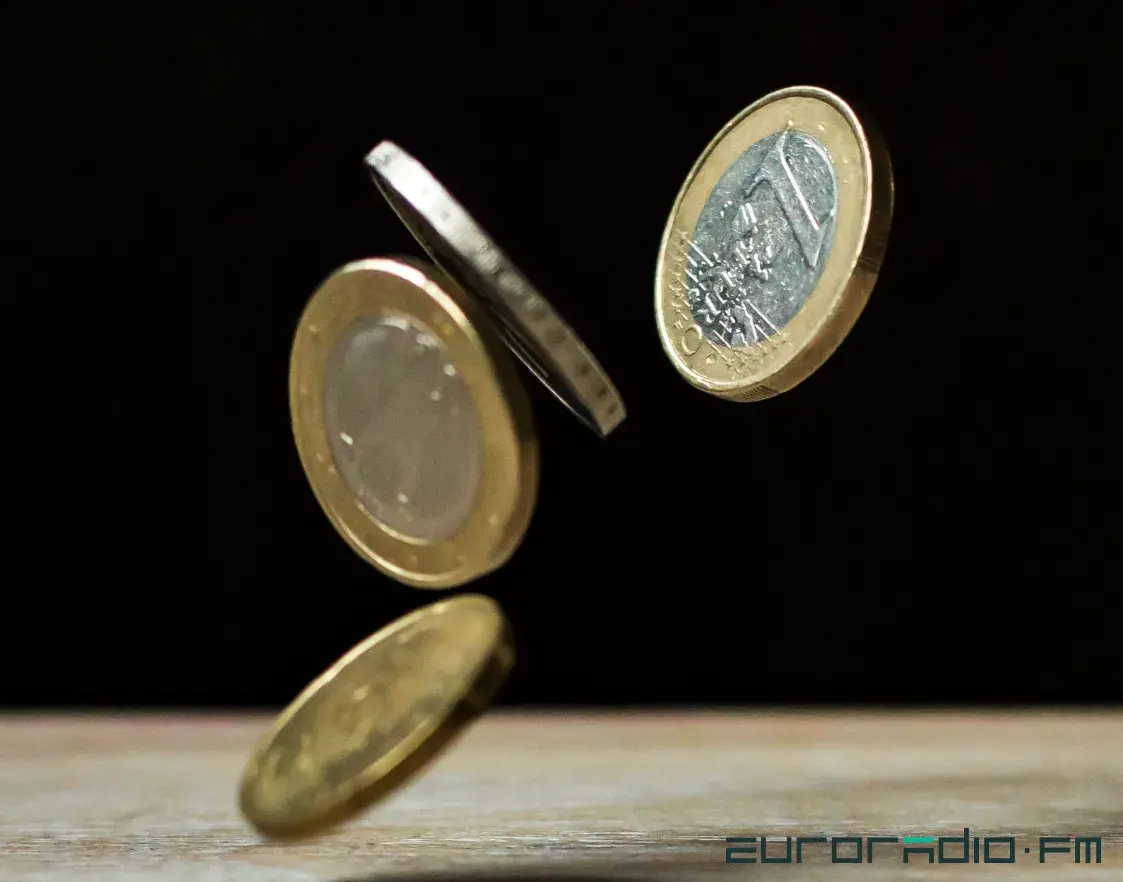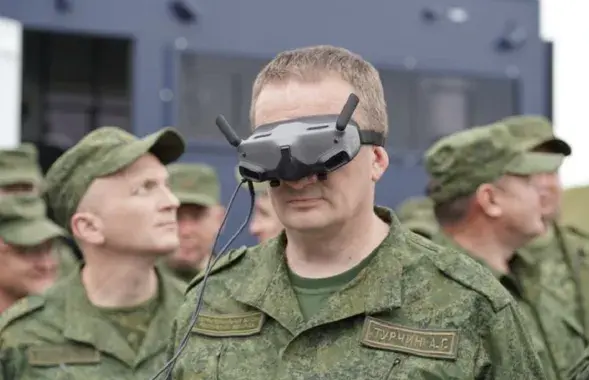As economy falls, Belarusians get used to living worse

Stability in the Belarusian economy means it is regularly bad / collage by Ulad Rubanau, Euroradio
Belarusians thought their economic situation was worsening in March, April and May. But in May, the economic self-perception became more stable, says sociologist Andrei Vardamatski.
How could it happen when Belarus is burdened with sanctions, and there are no special reasons for improving living standards? Are Belarusians getting used to living badly?
"This is either a fluctuation [an accidental deviation - Euroradio] or a new trend. This is quite an important development. Because when the war started, the March-related public opinion was special in the sense that people often reacted not so much to the war but to the economic difficulties. Now the situation has changed for them in this sense," says Vardamatski.
"Stability at minus 4.2% of GDP is a peculiar interpretation"
According to economist Yaraslau Ramanchuk, the future of the Belarusian economy is not bright. However, the authorities are finding ways to bypass sanctions and use other tricks to make things look better.
"What do we have after six months? A drop of 4.2% of GDP is quite serious. The Belarusian authorities say, of course, that the economy is working steadily. Stability at minus 4.2% of GDP? That's a peculiar interpretation of the main indicator.
Labor productivity is minus 2 percent. Agriculture, which should have grown amid great demand, is down 3 percent. The industry is down 5.2 percent. Fixed-asset investment sagged 17.1 percent. That is literally an investment collapse, and it is not only and not so much foreign investment that is taken into account here, but domestic investment in fixed assets. We can't talk about any serious movement forward," Ramanchuk describes the state of the Belarusian economy.
There are, nevertheless, some bright spots. After the shock from the start of the war in Ukraine, the Belarusian authorities and businesses found a way to reconstruct the logistical chains and set up the necessary imports. Besides, they managed to negotiate some kind of help from 15 Russian investment programs.
All this began to work, and even Prime Minister Halouchanka let it slip: we have such indicators because logistics costs have risen sharply. It became five to six times more expensive to ship from Europe. He did not say that these chains simply do not exist. They have become radically more expensive and longer: via Turkey, Kazakhstan, Kyrgyzstan, and Georgia.
Will we live badly and for a long time?
So far, Lukashenka has not been interfering in the work of economic officials, and they have managed to maintain a balance and create a semblance of stability. However, Belarus's economy and living standard will still fall in the second half of the year more than in the first one.
"I often hear from non-economists: "Using the sanctions, we'll get there; the economy is about to collapse." Economists who work with data cannot afford this. Even the reduction of the gold reserves is not as dramatic as it seemed at the beginning of the year. Stabilization allowed Lukashenka even slightly to increase wages in nominal terms. Although in dollar terms, they are not at the level they were at the end of 2021. Nevertheless, this is a signal that allows people to relax.
In the year's second half, the pressure will be stronger, so I still say that Belarus' GDP will decrease by 7-10%. But if a miracle happens and Russia pours in two or three billion dollars, it will stop and will be somewhere at the level of 5%," says Yaraslau Ramanchuk.






















